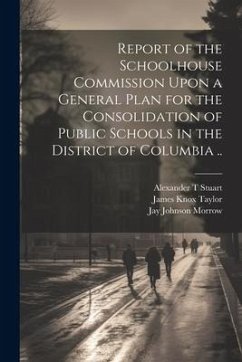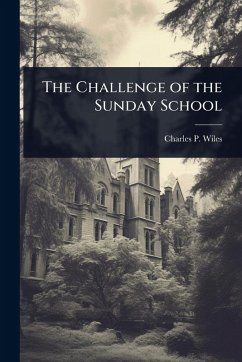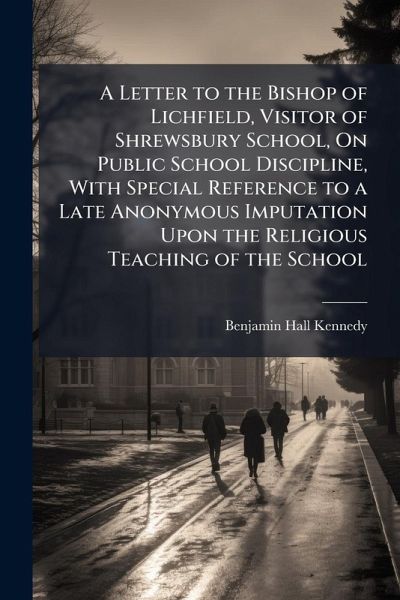
A Letter to the Bishop of Lichfield, Visitor of Shrewsbury School, On Public School Discipline, With Special Reference to a Late Anonymous Imputation Upon the Religious Teaching of the School

PAYBACK Punkte
8 °P sammeln!
In "A Letter to the Bishop of Lichfield, Visitor of Shrewsbury School, On Public School Discipline," Benjamin Hall Kennedy addresses critical issues concerning the governance and religious education within Shrewsbury School. This letter serves as both a defense and an exposition of the disciplinary practices and theological instruction prevalent in the institution during the 19th century. Kennedy's work provides valuable insights into the challenges faced by educators in maintaining order and imparting religious values within the framework of a prestigious public school. The text specifically ...
In "A Letter to the Bishop of Lichfield, Visitor of Shrewsbury School, On Public School Discipline," Benjamin Hall Kennedy addresses critical issues concerning the governance and religious education within Shrewsbury School. This letter serves as both a defense and an exposition of the disciplinary practices and theological instruction prevalent in the institution during the 19th century. Kennedy's work provides valuable insights into the challenges faced by educators in maintaining order and imparting religious values within the framework of a prestigious public school. The text specifically responds to anonymous criticisms leveled against the school's religious teachings, offering a detailed account of the school's approach to moral and spiritual development. This historical document offers a fascinating glimpse into the educational and religious landscape of Victorian England, shedding light on the debates surrounding public school reform and the role of religion in shaping young minds. It will appeal to historians of education, religious scholars, and anyone interested in the evolution of British public schools. This work has been selected by scholars as being culturally important, and is part of the knowledge base of civilization as we know it. This work was reproduced from the original artifact, and remains as true to the original work as possible. Therefore, you will see the original copyright references, library stamps (as most of these works have been housed in our most important libraries around the world), and other notations in the work. This work is in the public domain in the United States of America, and possibly other nations. Within the United States, you may freely copy and distribute this work, as no entity (individual or corporate) has a copyright on the body of the work. As a reproduction of a historical artifact, this work may contain missing or blurred pages, poor pictures, errant marks, etc. Scholars believe, and we concur, that this work is important enough to be preserved, reproduced, and made generally available to the public. We appreciate your support of the preservation process, and thank you for being an important part of keeping this knowledge alive and relevant.



![Copy of the Letter of the Bishop of Capsa, Coadjutor of Quebec, & C., to the President of the Committee on Education, &c. [microform] = Copie De La Le Cover Copy of the Letter of the Bishop of Capsa, Coadjutor of Quebec, & C., to the President of the Committee on Education, &c. [microform] = Copie De La Le](https://bilder.buecher.de/produkte/65/65574/65574383n.jpg)
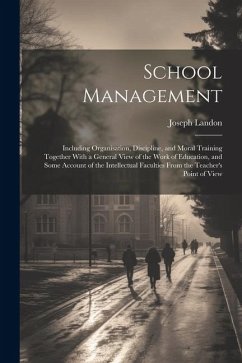
![A Letter to the Hon. G.W. Ross, LL.D., Minister of Education [microform]: With Resolutions and Letters From the Board of Trustees, the Faculty, Heads Cover A Letter to the Hon. G.W. Ross, LL.D., Minister of Education [microform]: With Resolutions and Letters From the Board of Trustees, the Faculty, Heads](https://bilder.buecher.de/produkte/66/66125/66125019n.jpg)

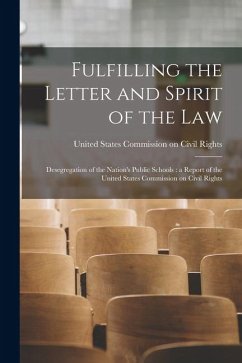
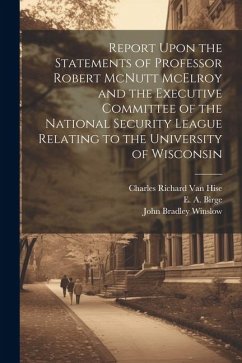
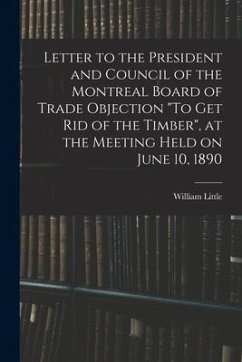
![The Invasion of Britain by Julius Caesar: With Replies to the Remarks of the Astronomer-Royal [G.B. Airy] and of the Late Camden Professor of Ancient Cover The Invasion of Britain by Julius Caesar: With Replies to the Remarks of the Astronomer-Royal [G.B. Airy] and of the Late Camden Professor of Ancient](https://bilder.buecher.de/produkte/66/66145/66145665n.jpg)
